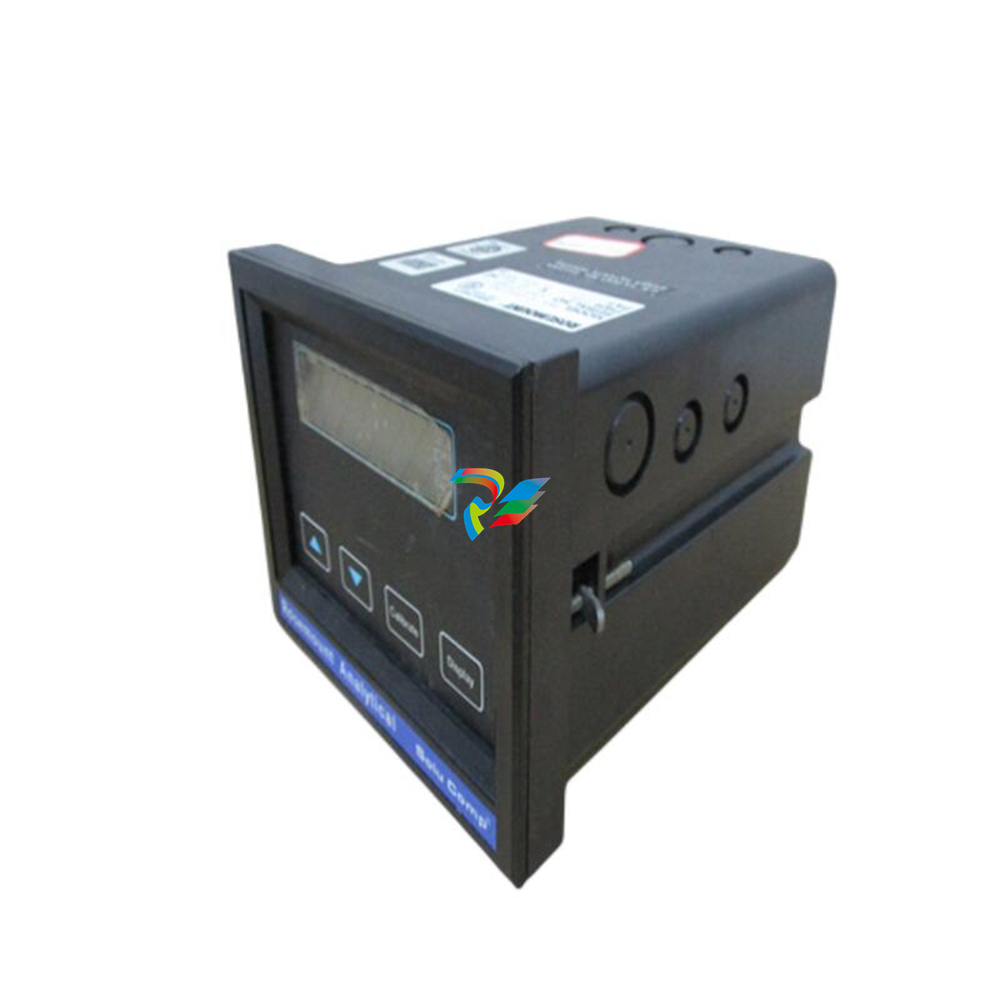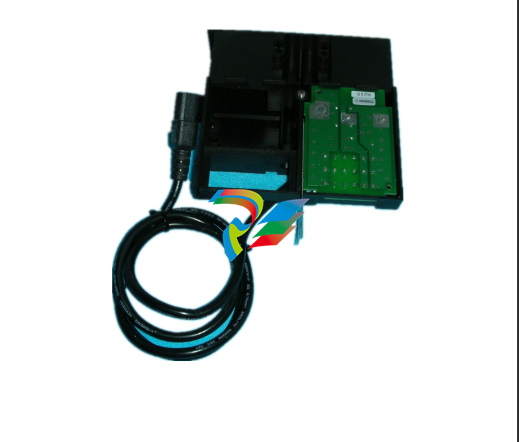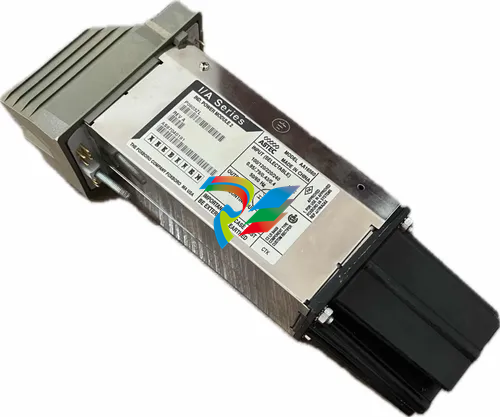
MIT Spin-Off Emvolon Is Repurposing Old Engines Into Modular Green Fuel Plants
Venture-backed chemical and fuel company Emvolon (which hails from Massachusetts Institute of Technology) has started transforming automotive engines into modular plants that are capable of creating greener fuels. It’s another project out of MIT that’s largely focused on bringing a greener edge to manufacturing and fuel production.
The Key Role of Engines
The goal for Emvolon is to make something out of one of the world’s most problematic greenhouse gasses. Methane accounts for roughly 20 to 30% of the cause of global warming—and 60% of it comes from humans. The problem is it’s extremely hard to manage, let alone capture and turn into something that’s less harmful to the environment.
The company is planning on making this possible through old automotive engines. The structures of these car parts just so happen to work wonders when repurposed into modular plants. By rethinking their functionality, Emvolon has created an engine-based system that has a higher ratio of fuel than air for combustion and in turn produces the “building blocks” needed for cleaner fuel, according to a statement in the release from co-founder Emmanuel Kasseris.
From Methane to Methanol
One of the biggest benefits of this plan for modular plants is that it can all be done on site. Methane gas can be broken down and remade into methanol and ammonia without having to find separate plants for each part of the process.
This works by conducting a partial burning of methane and pulling from it all you need to create methanol. It may sound futuristic, but this has been in the works for years by Emvolon. At its headquarters, it has already constructed one version of this system built on engines that can pump out around six barrels of green methanol each day.
Our Current Methane Problem
Managing and capturing methane is still an immensely complex process. Ideally, it would be great to cut back on these emissions with how much they impact the environment—but this is easier said than done.
Methane traps in large amounts of heat but it’s not as omnipresent as other gasses in the atmosphere and its structure is different, which makes it hard to locate and trap. That’s why there has been a recent push for new technologies that help capture it or find ways of “repackaging” it in a sense into a safer alternative before it’s released.
A Need for Greener Fuels—Summary
While electricity has been at the forefront of making oft-used products like cars and trains more sustainable, not everything can run successfully or efficiently on this power source. That’s why the need for greenly-made versions of fuels like methanol and hydrogen are so important.
Planes, for instance, are one such mode of transport that can’t practically operate off of electricity alone. They will need greener aviation fuel—something that a modular, movable plant can create without much negative output.
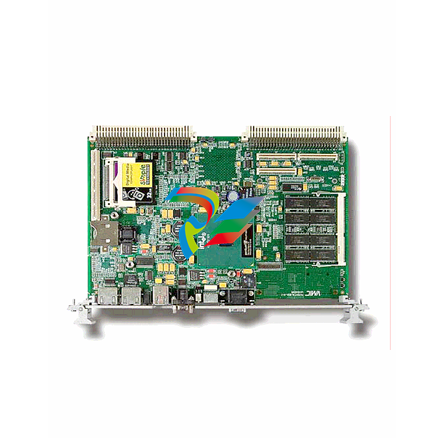

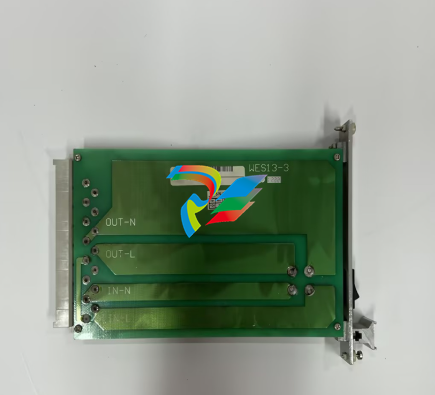
.jpg)
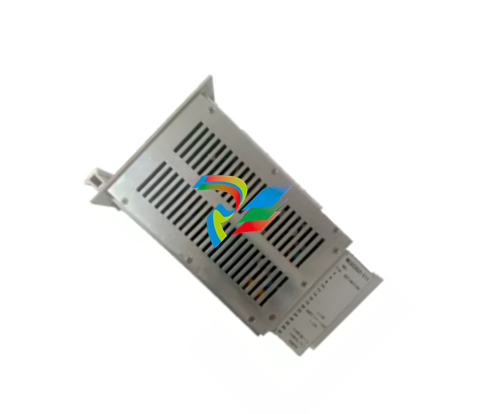
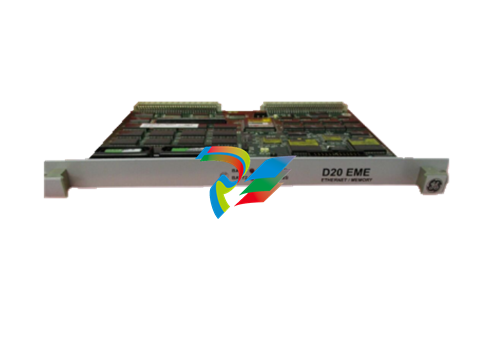
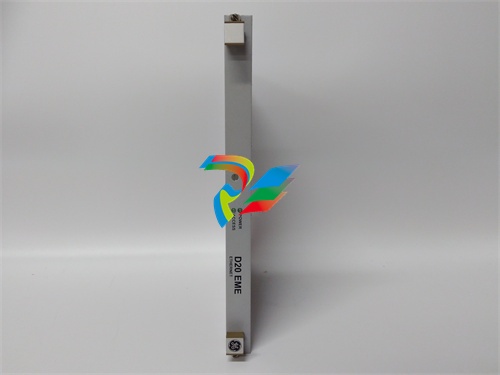

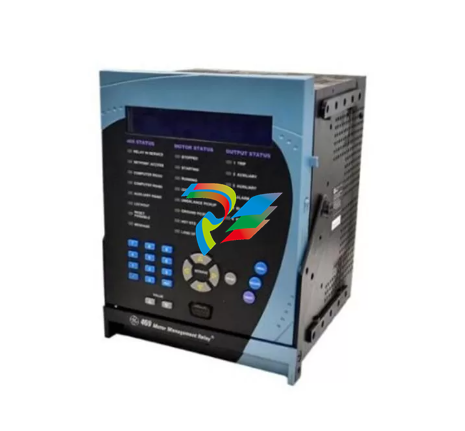
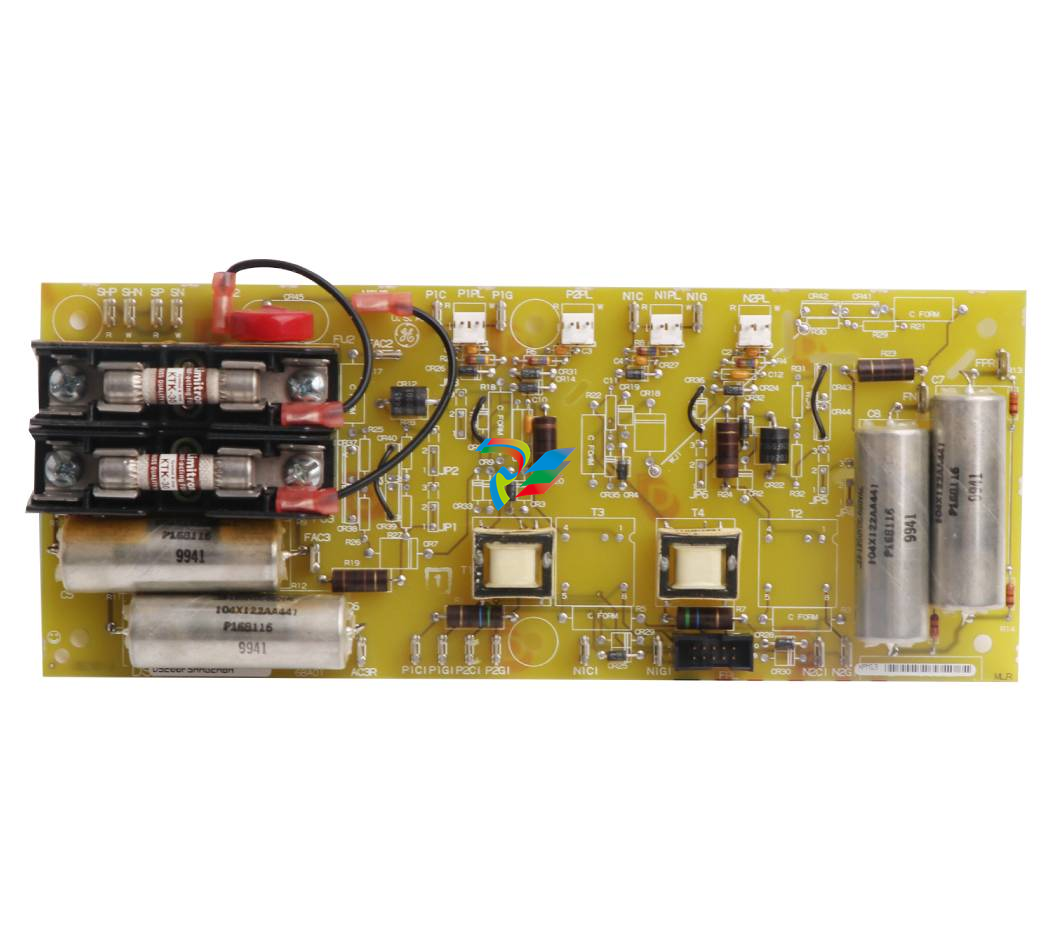
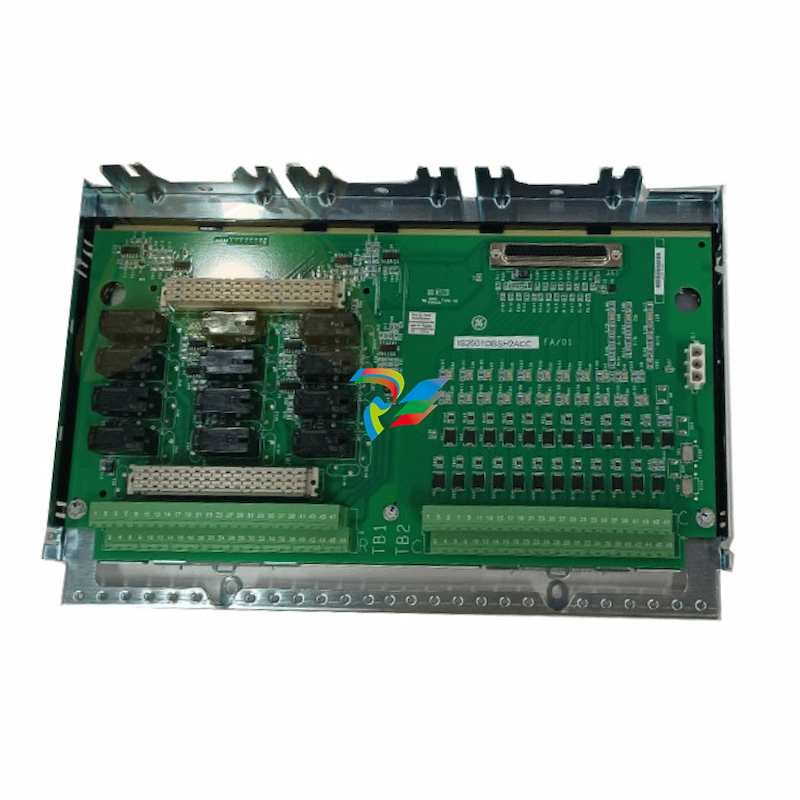

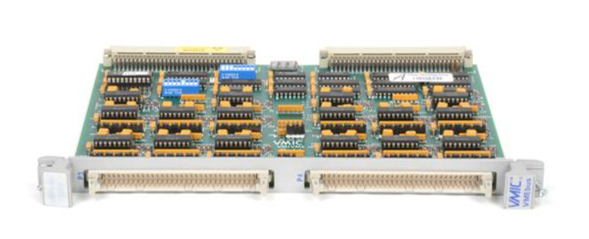
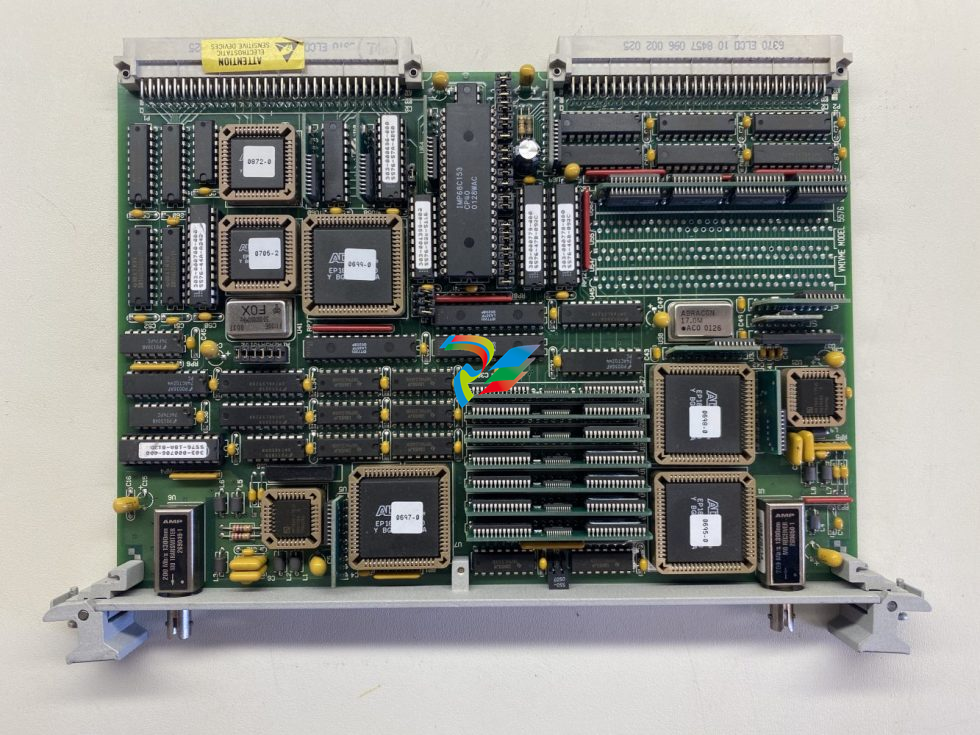
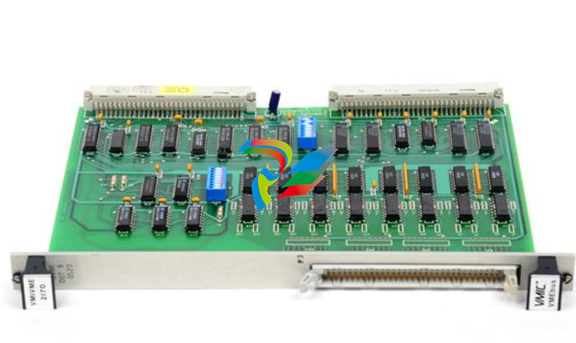
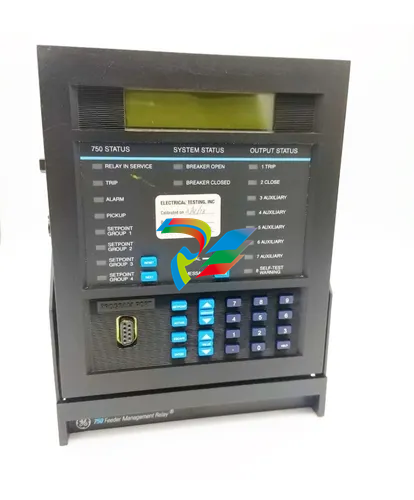
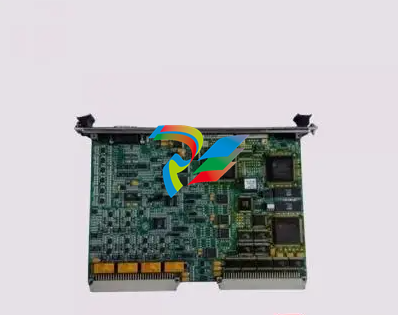





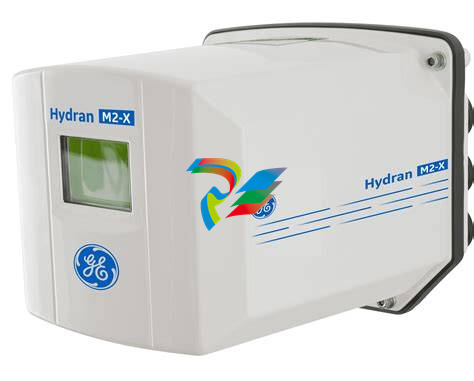

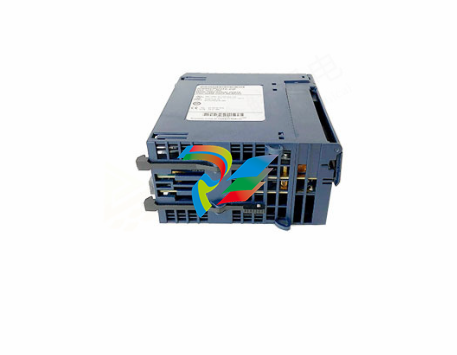
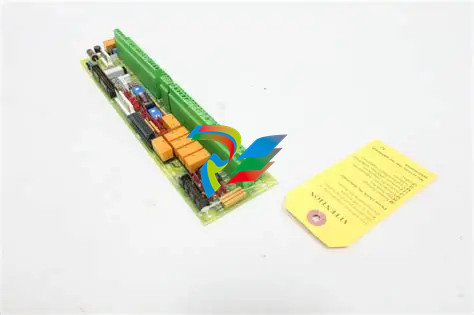
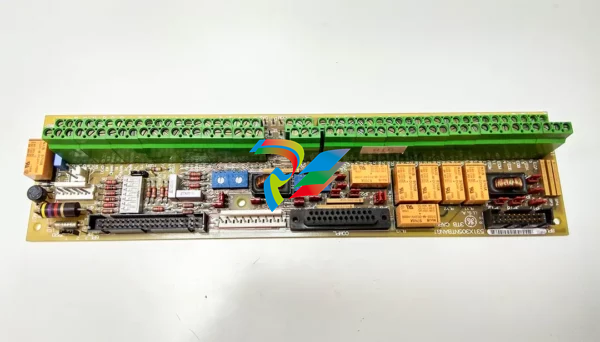
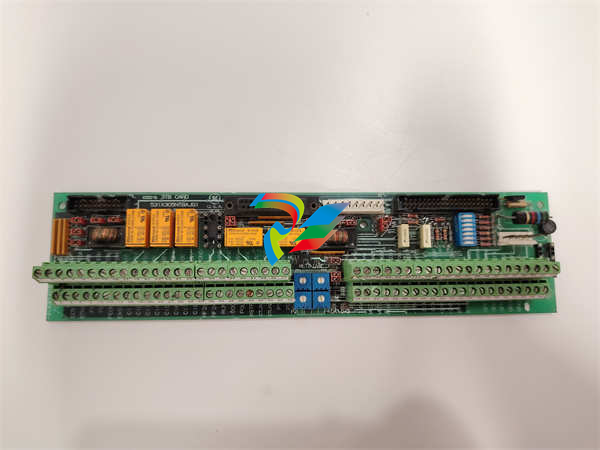

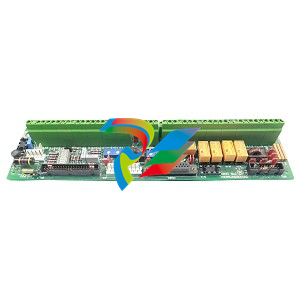
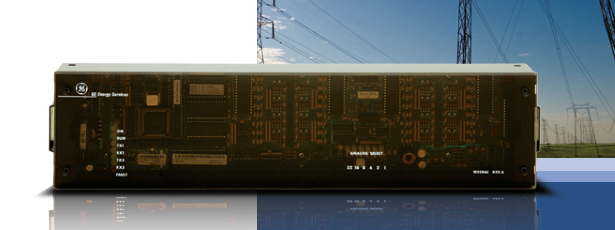


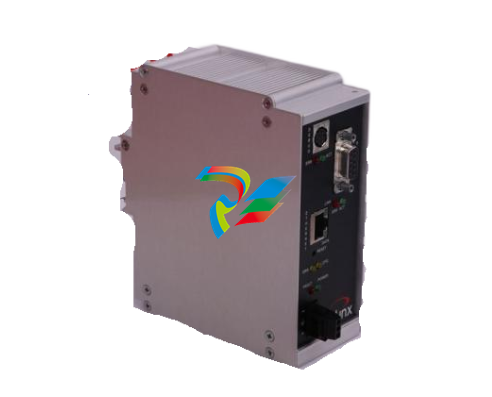
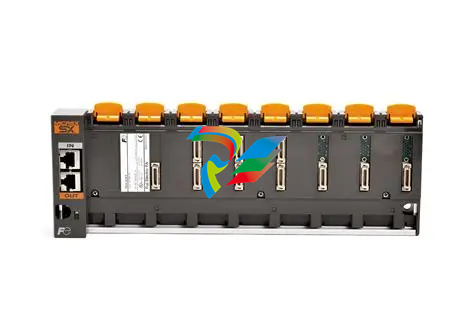

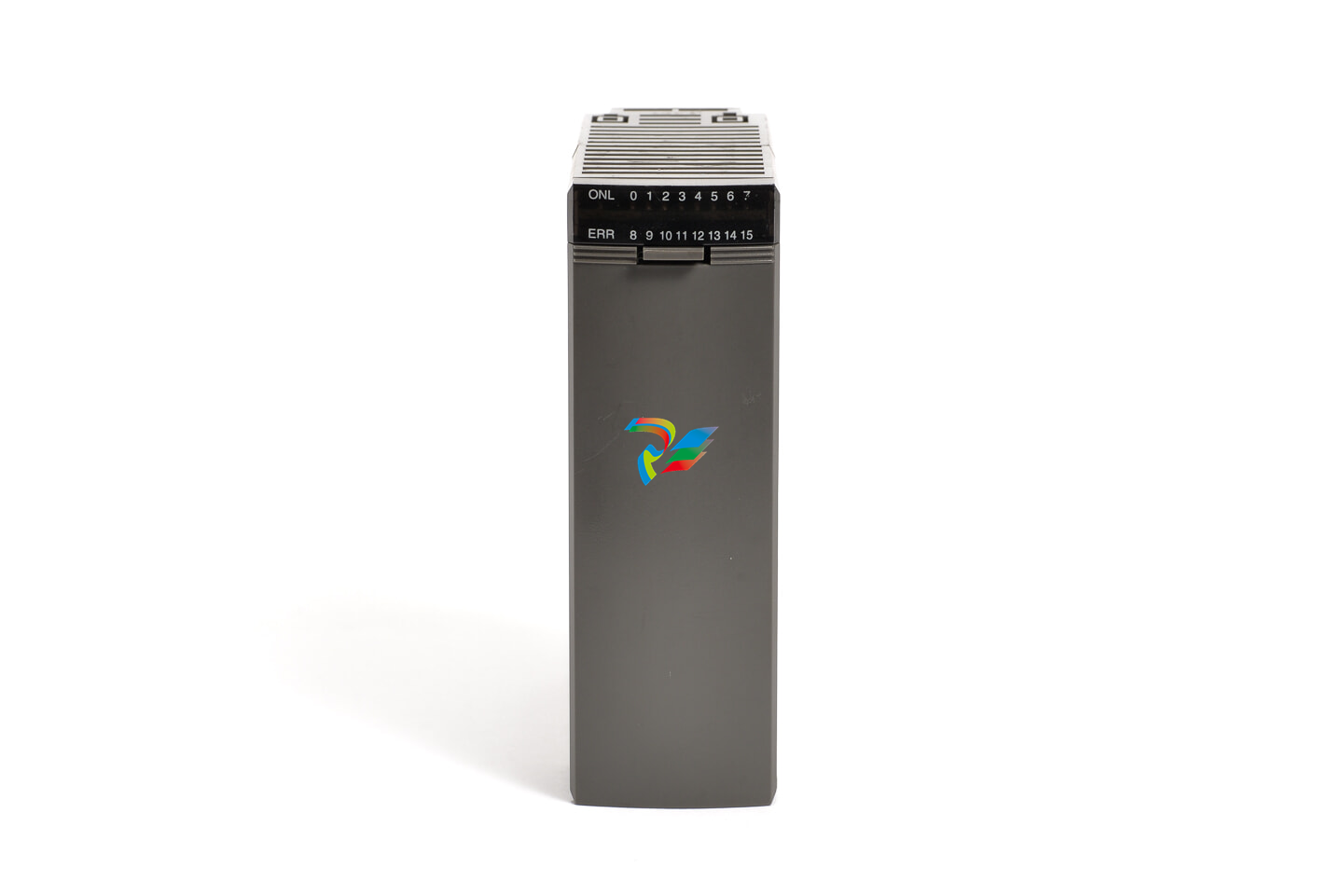
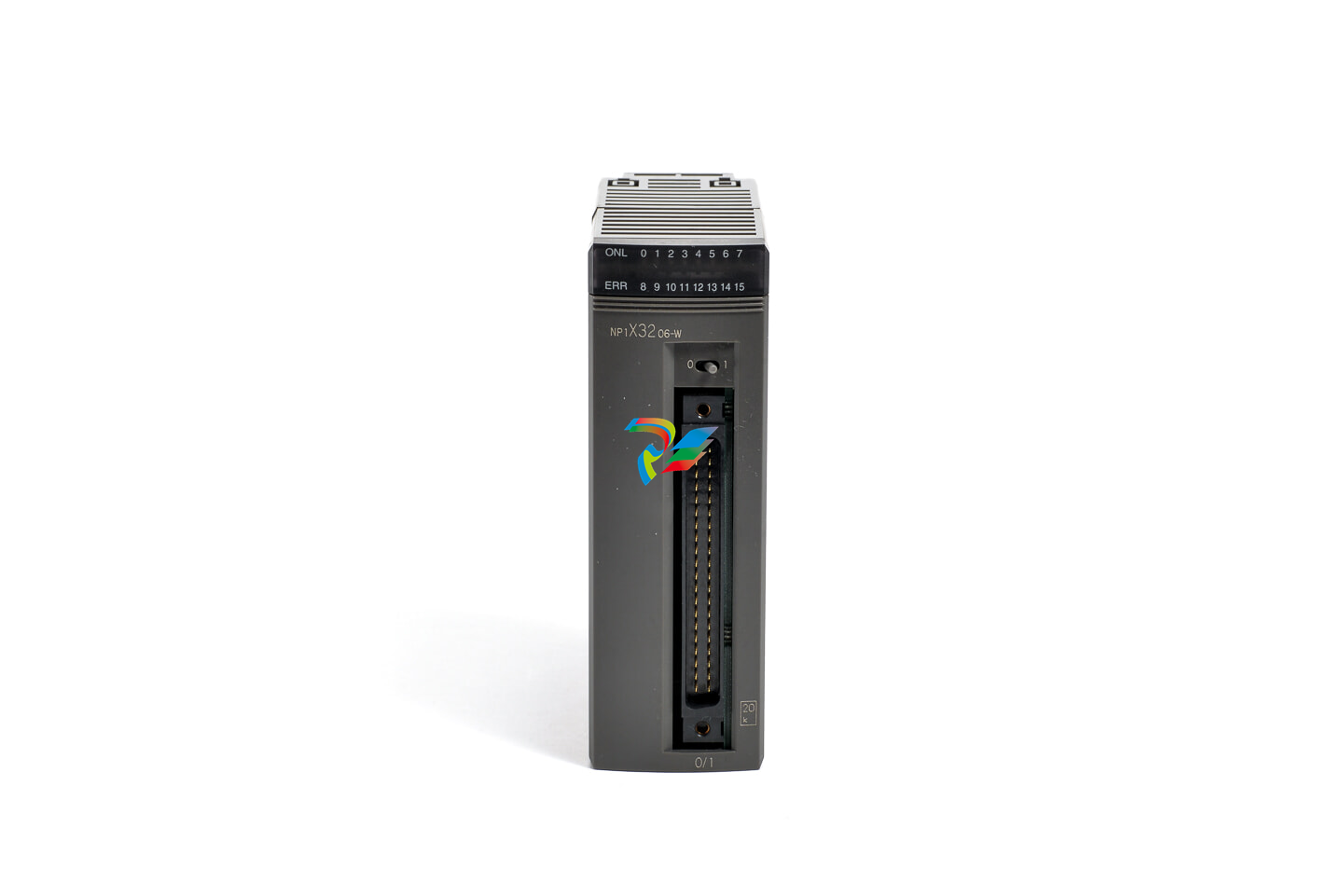

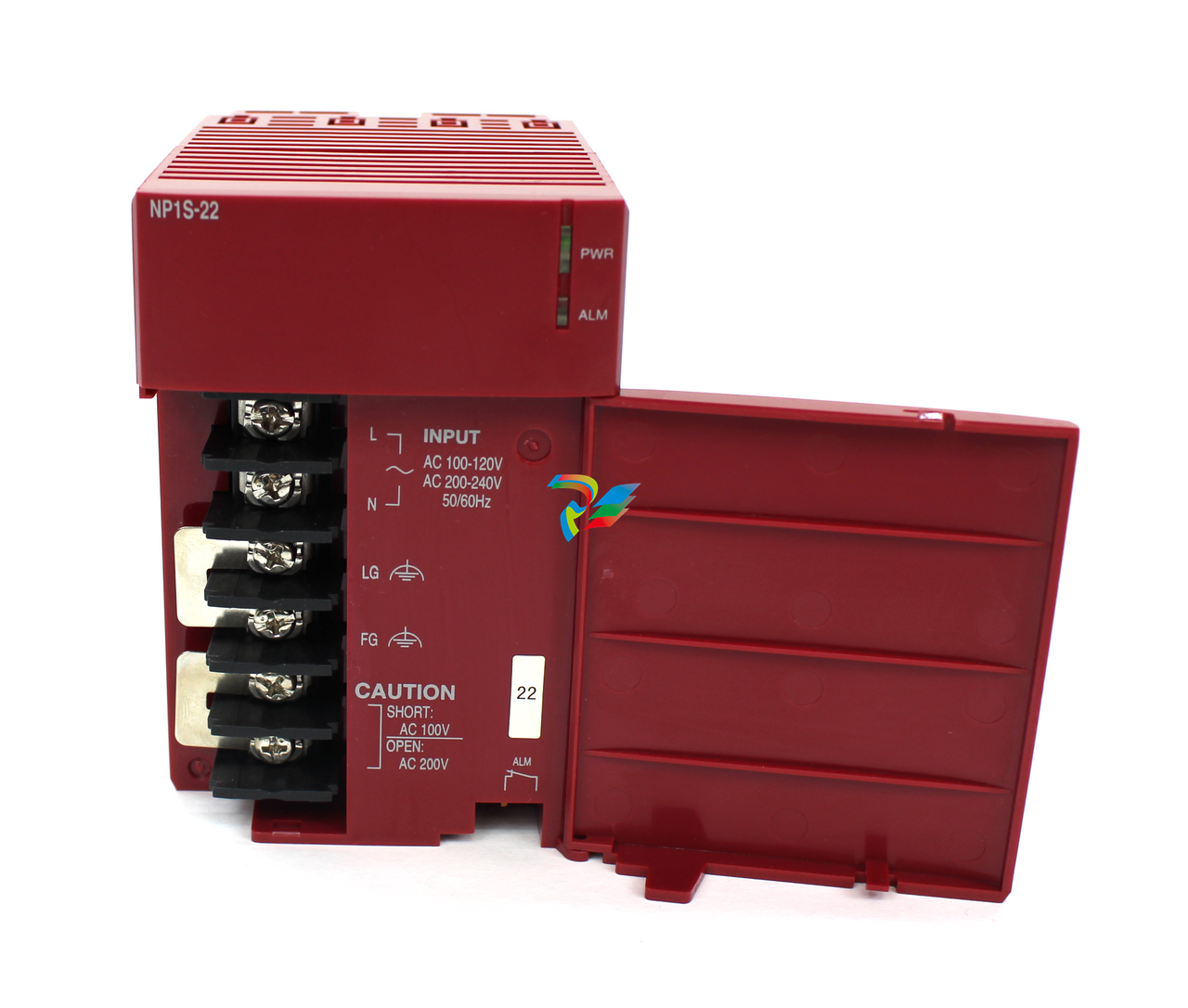
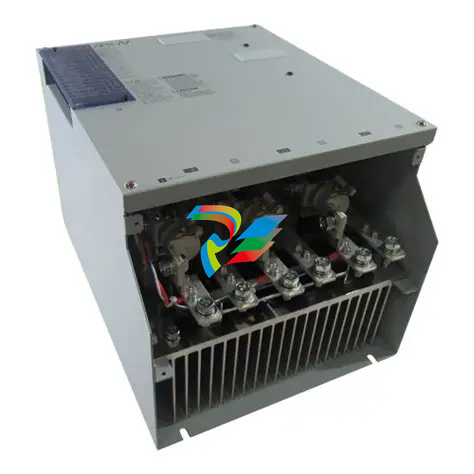
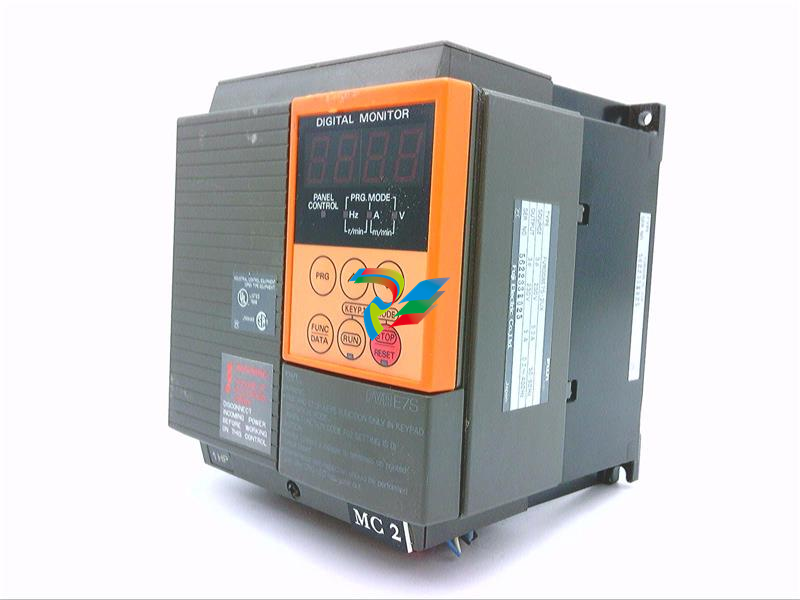
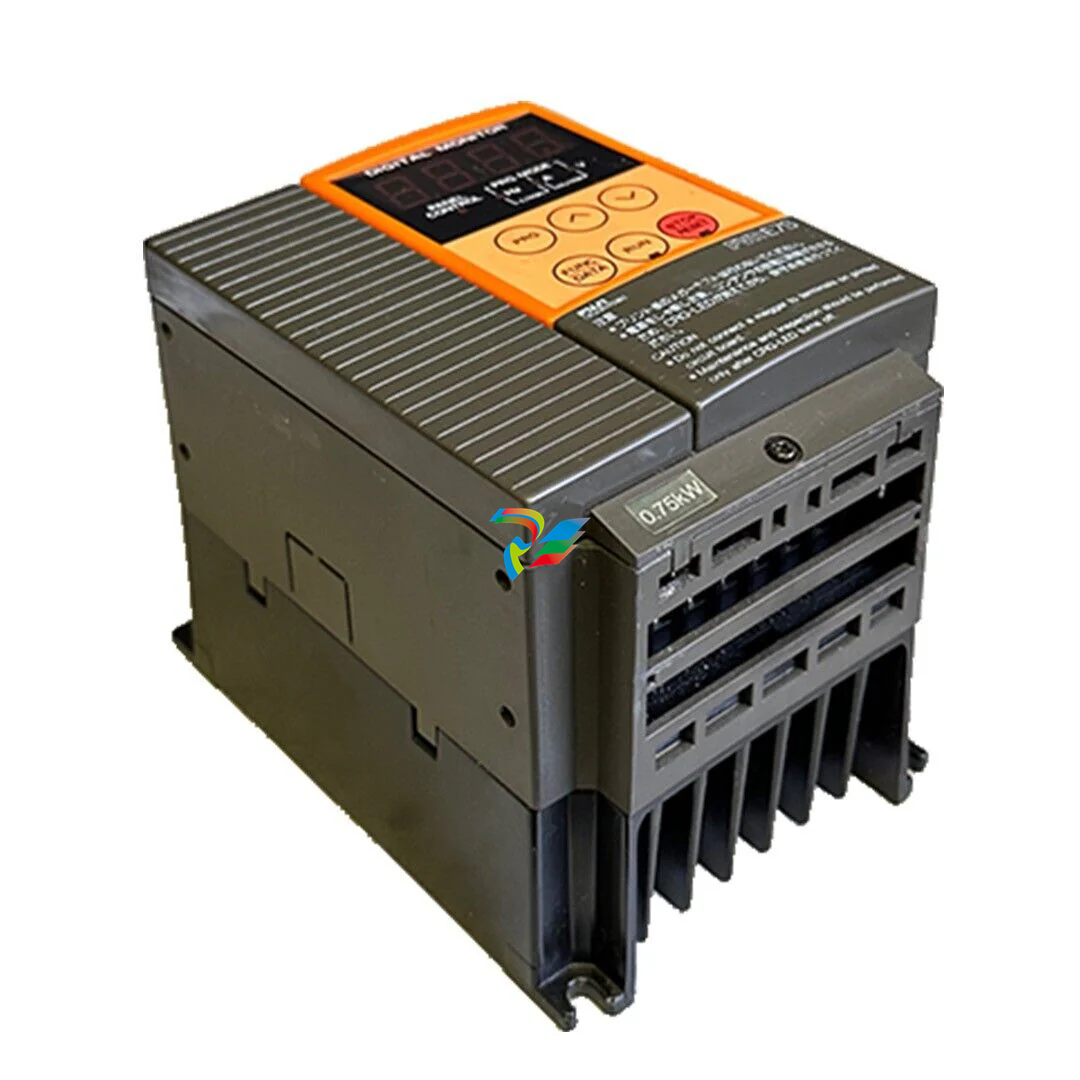
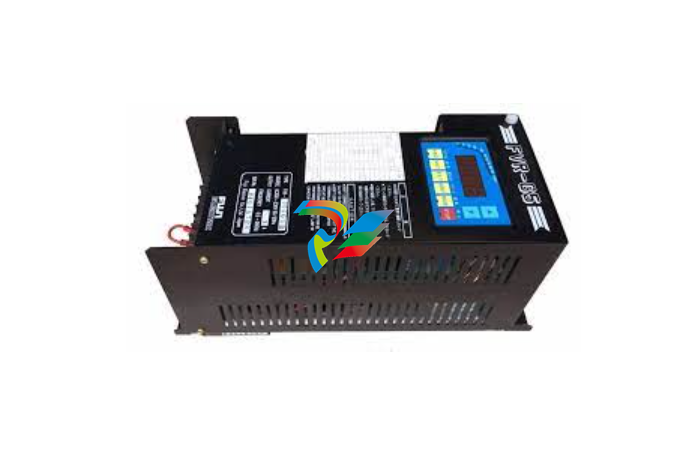
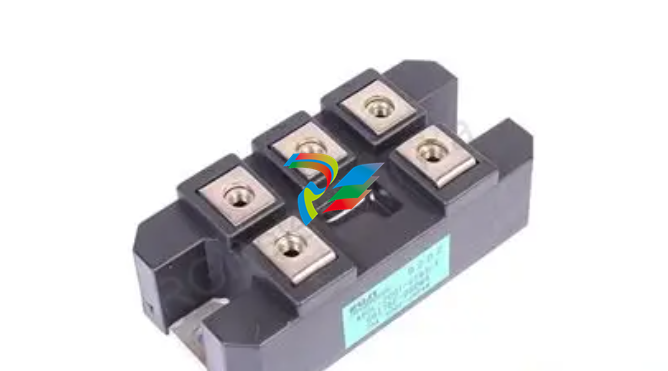
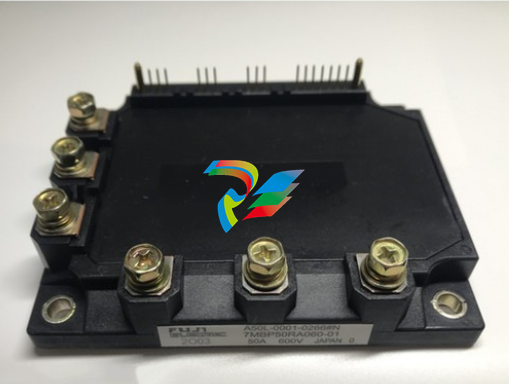
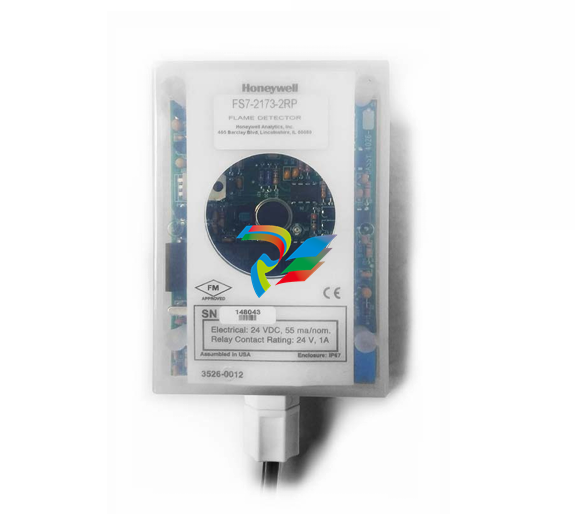
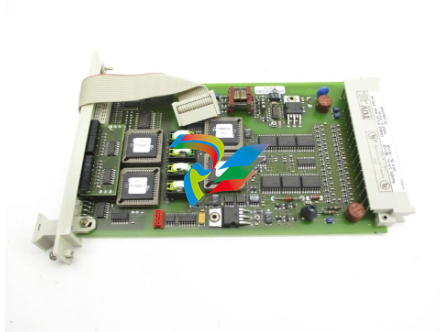
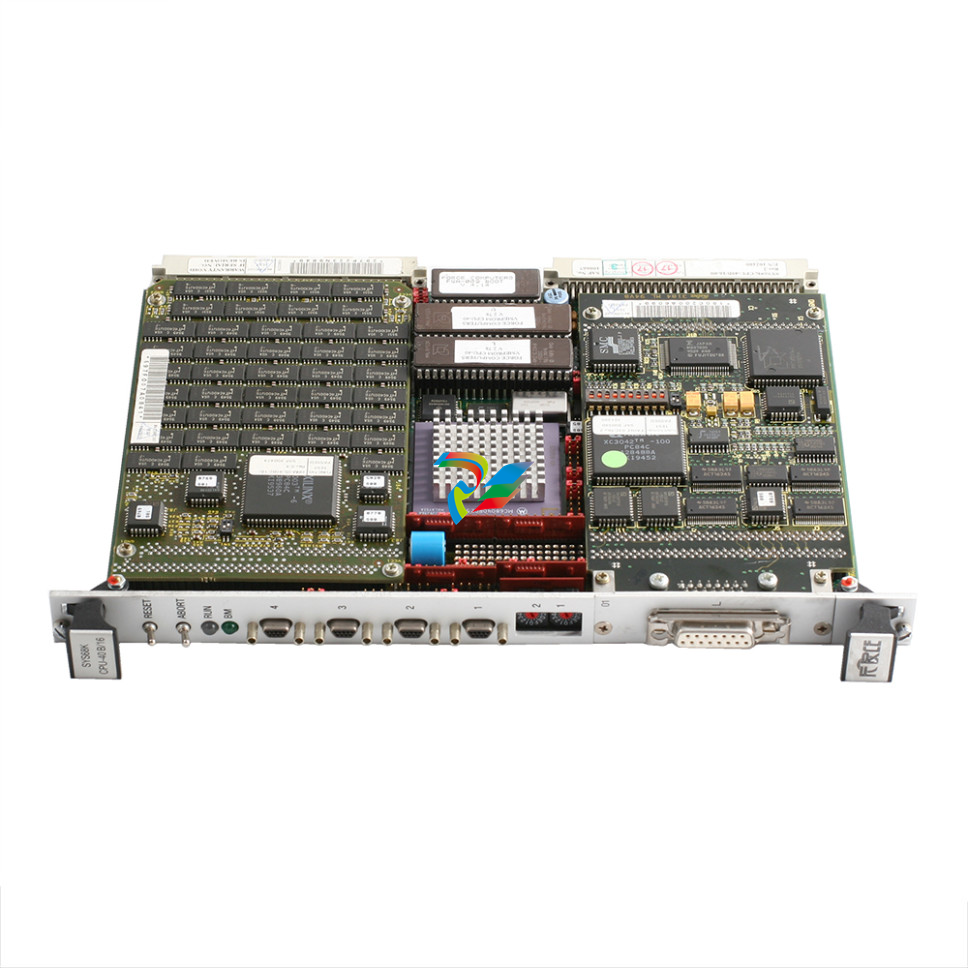
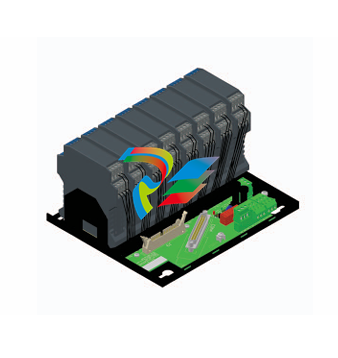

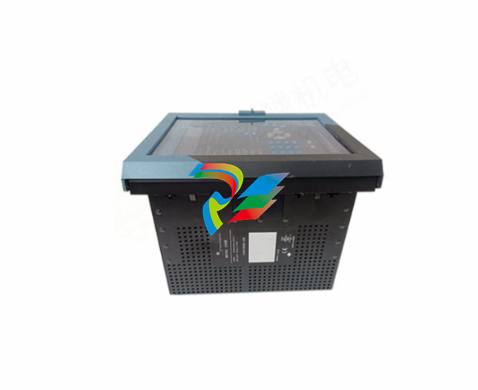
.jpg)
.jpg)


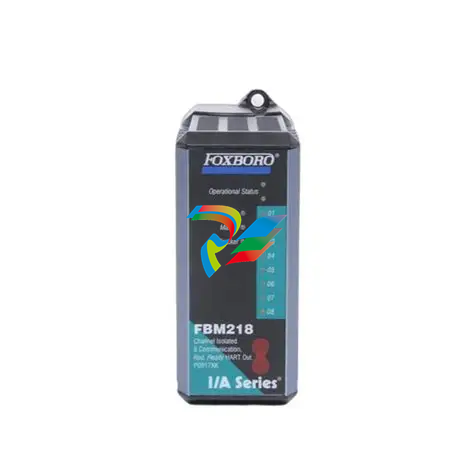
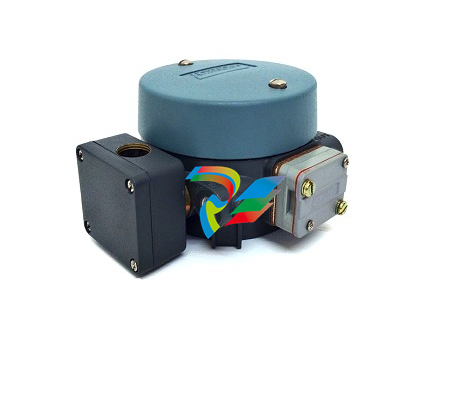
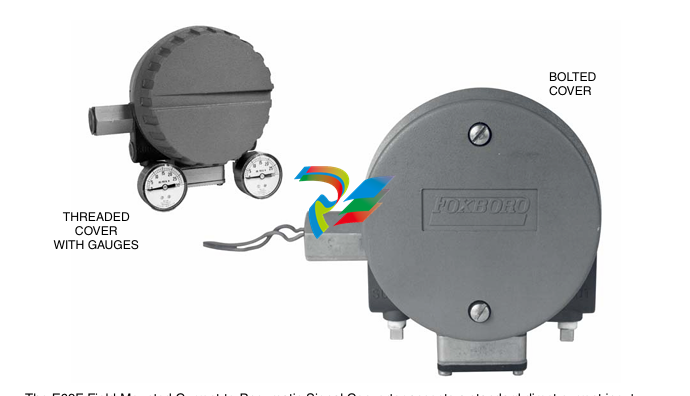
.jpg)
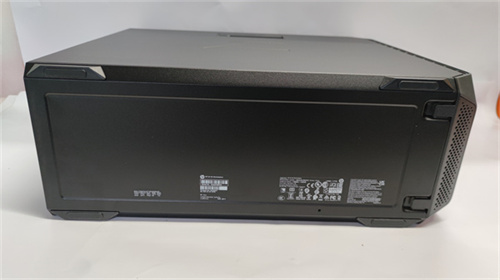
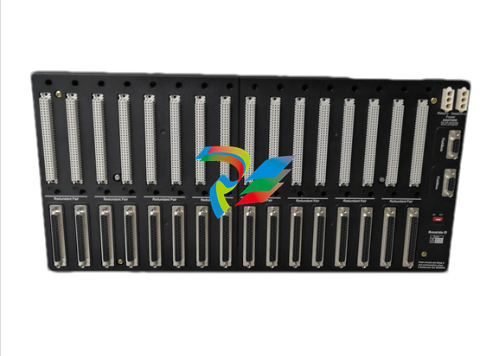
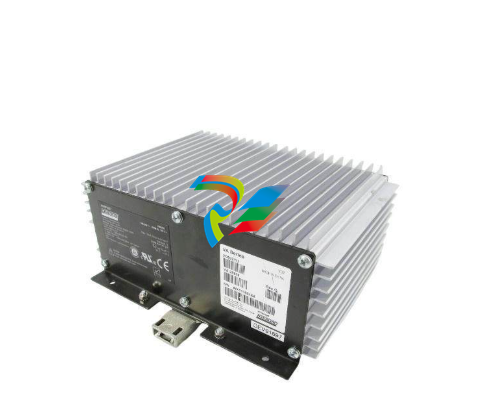
.png)
.jpg)
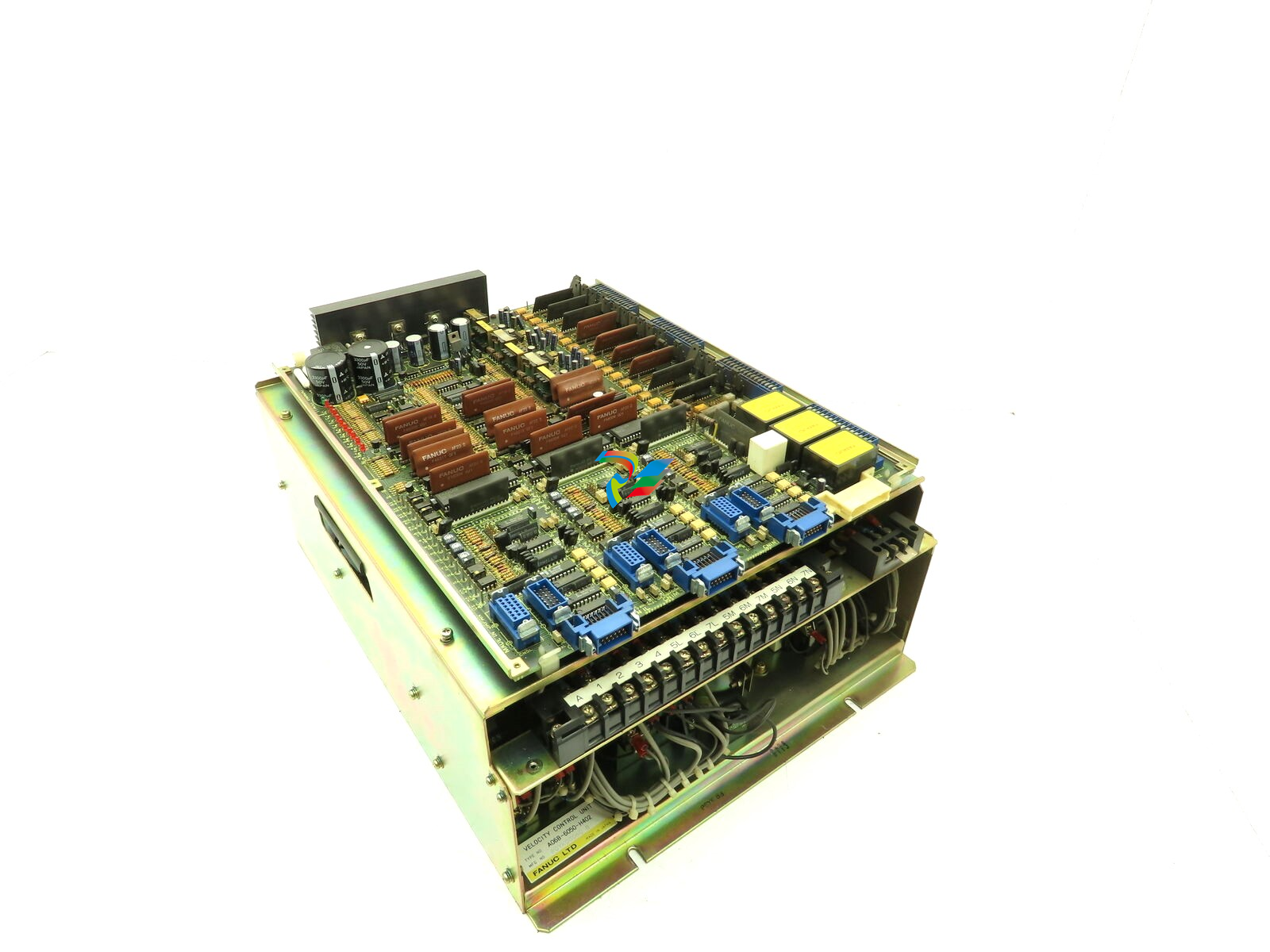
.jpg)
_lVjBYb.jpg)
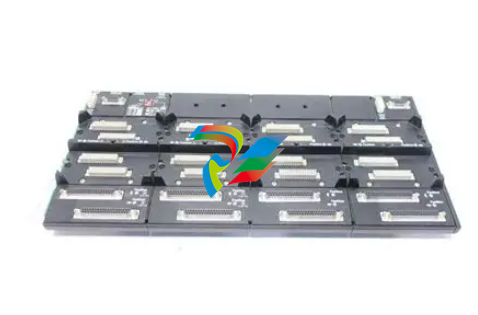
.jpg)
.jpg)
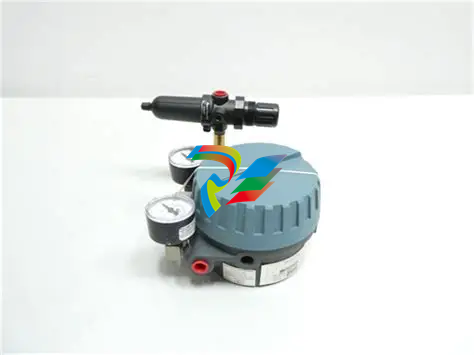
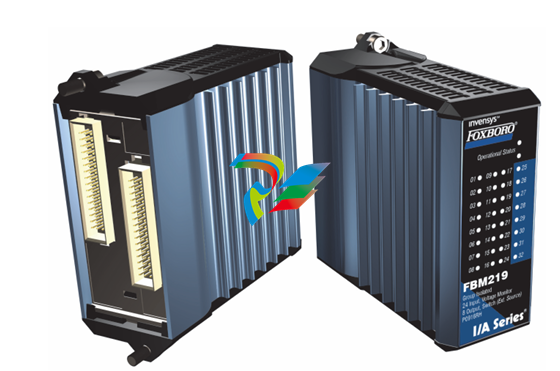
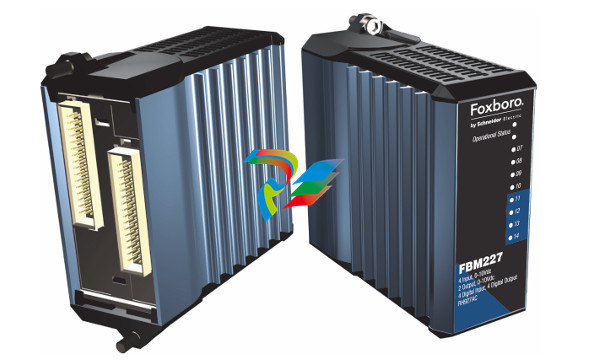
.jpg)
.jpg)
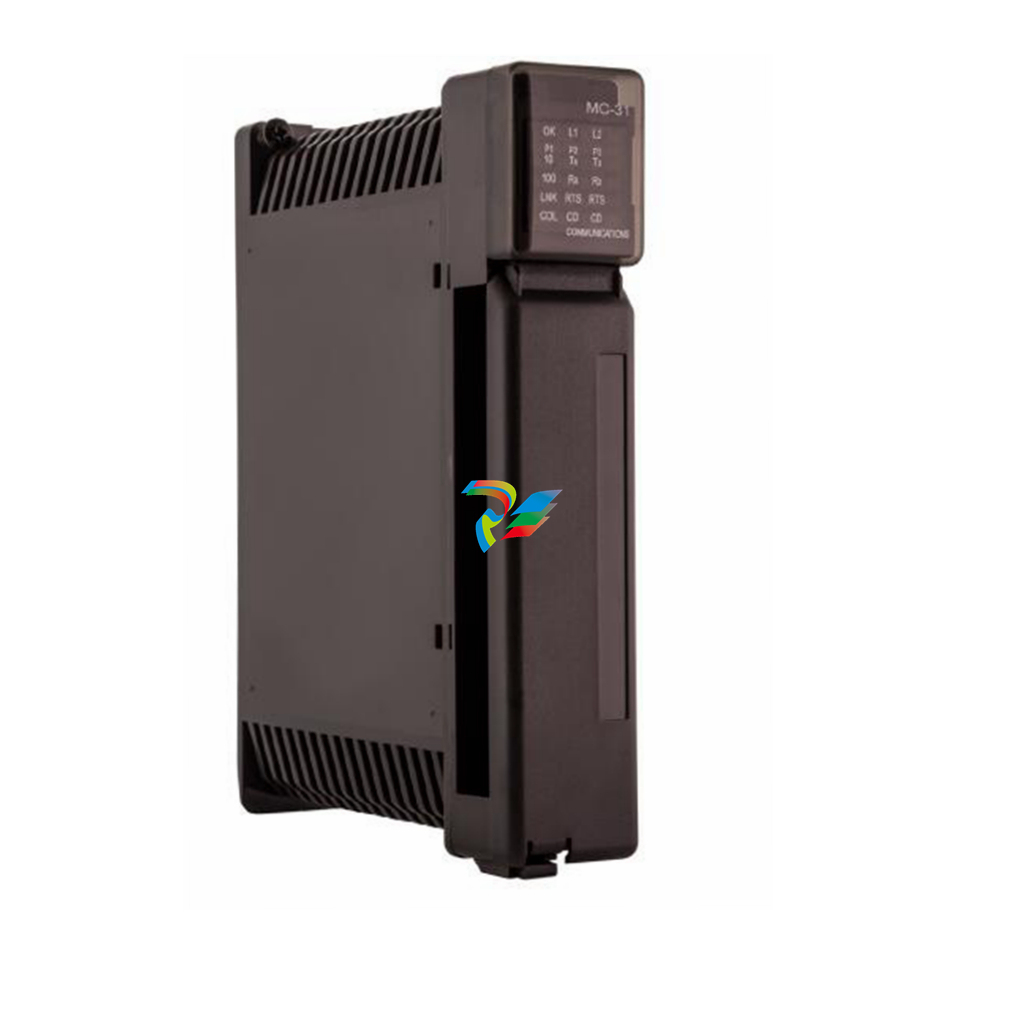
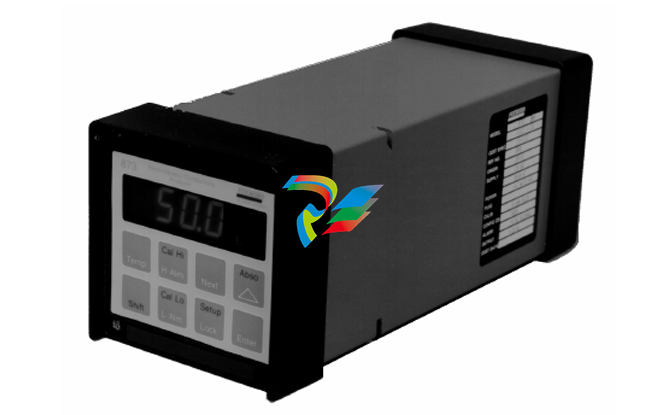
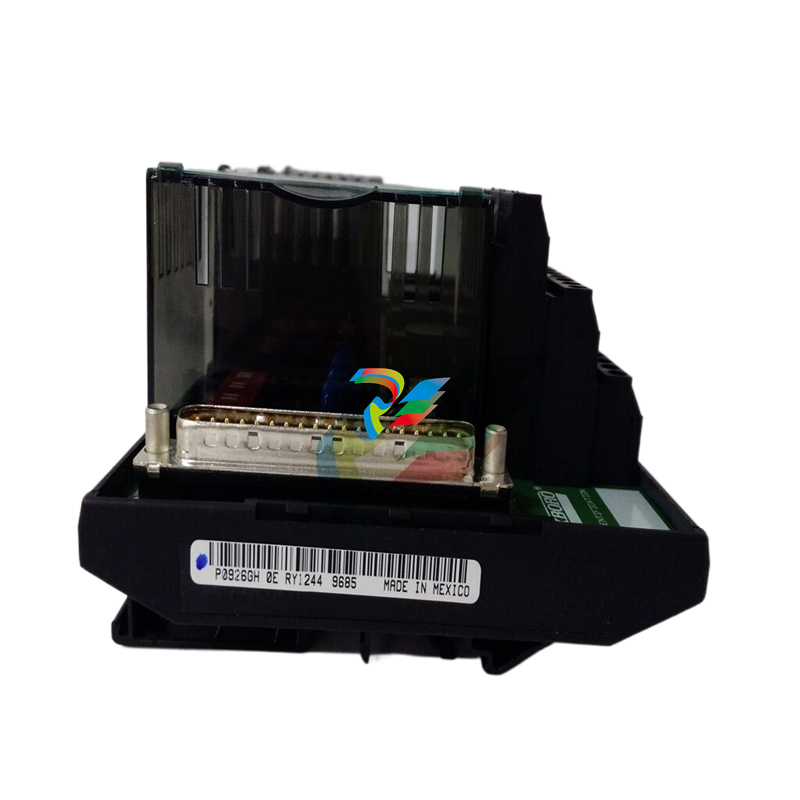
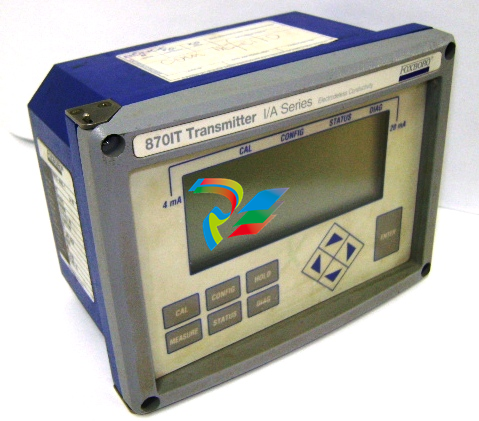
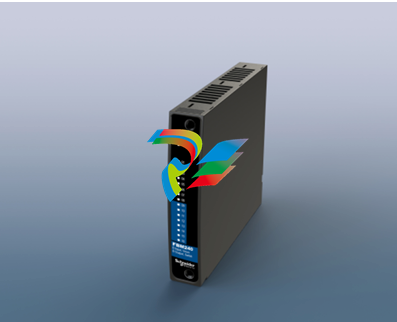
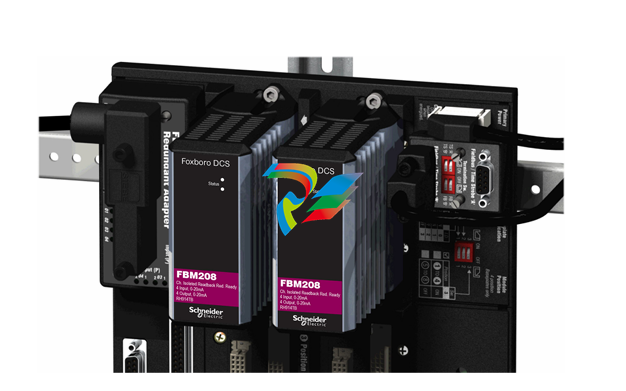
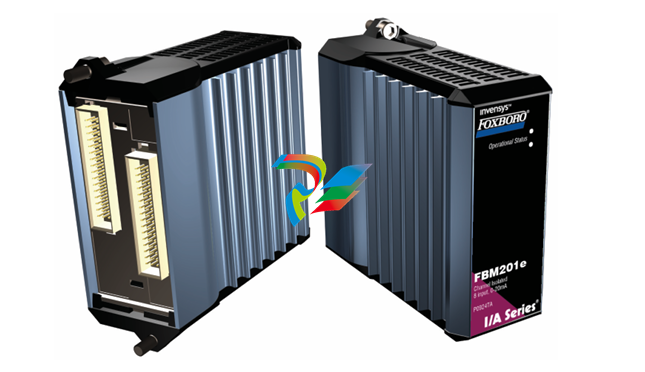
.jpg)
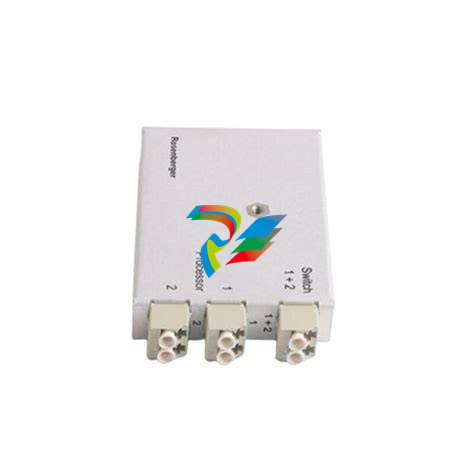
.jpg)
.jpg)
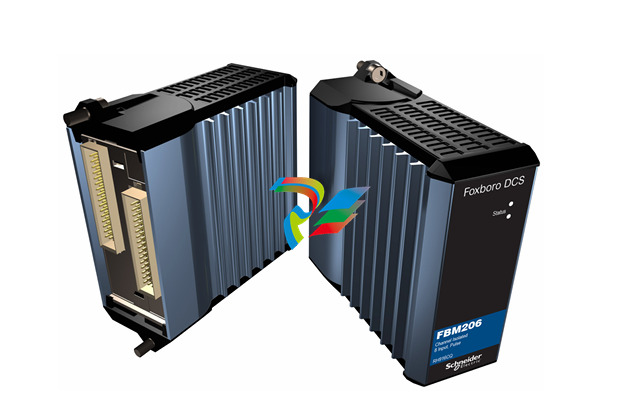
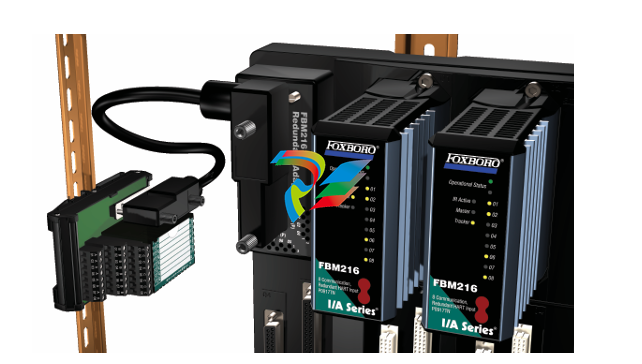
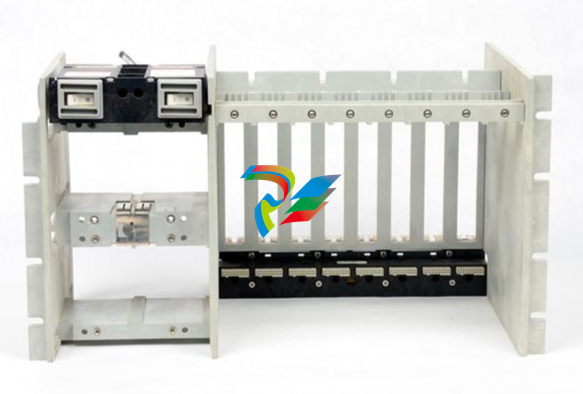
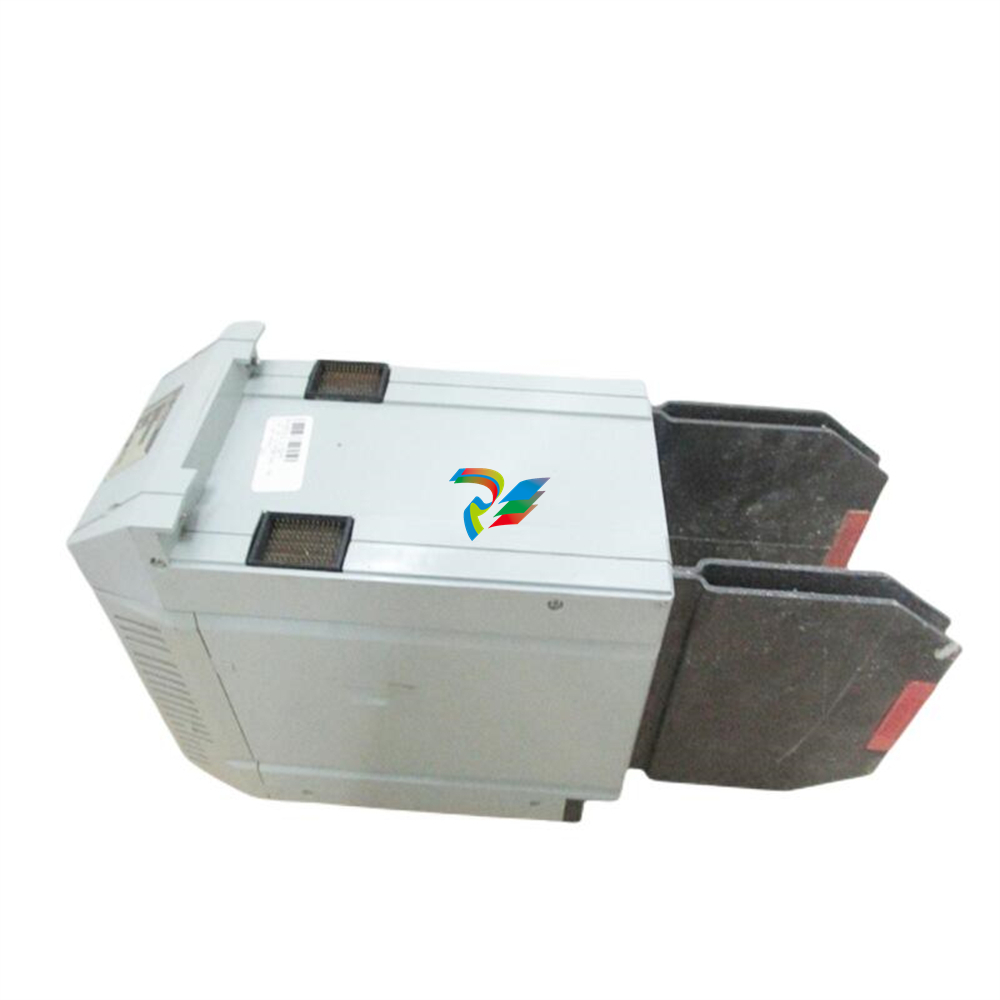
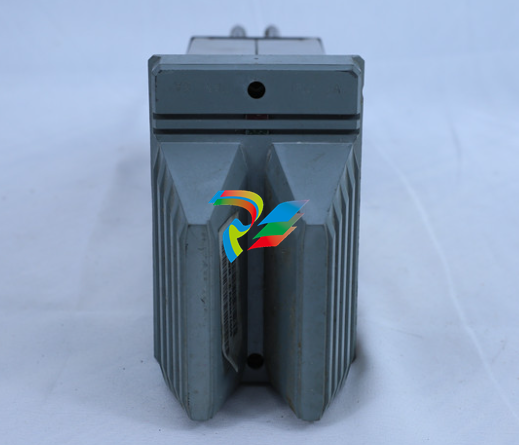
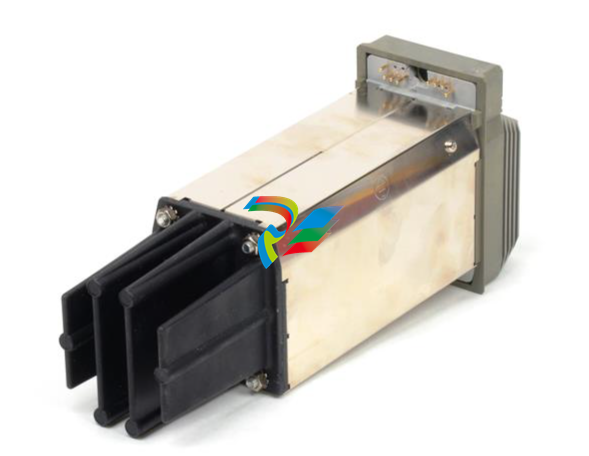
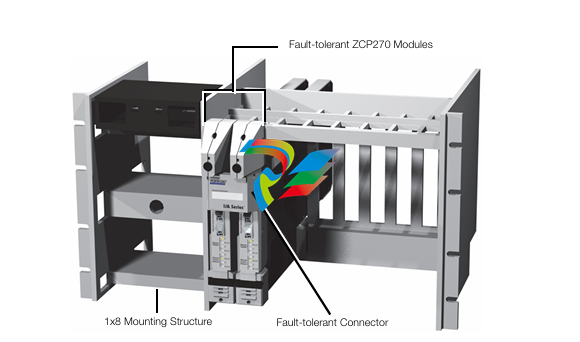
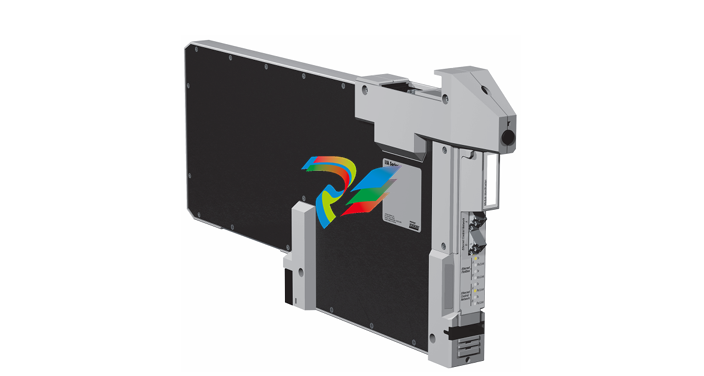
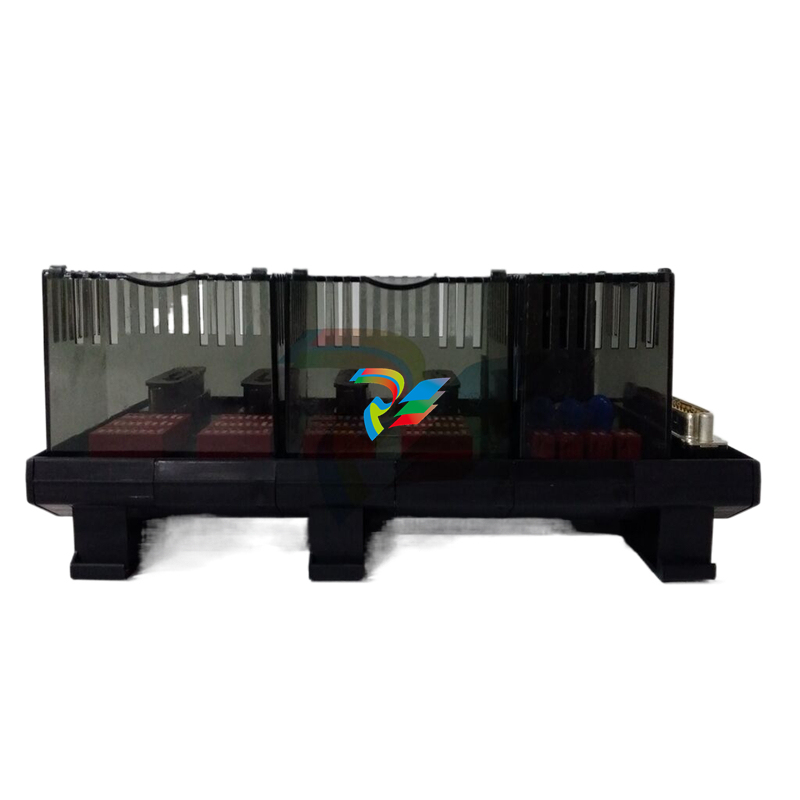
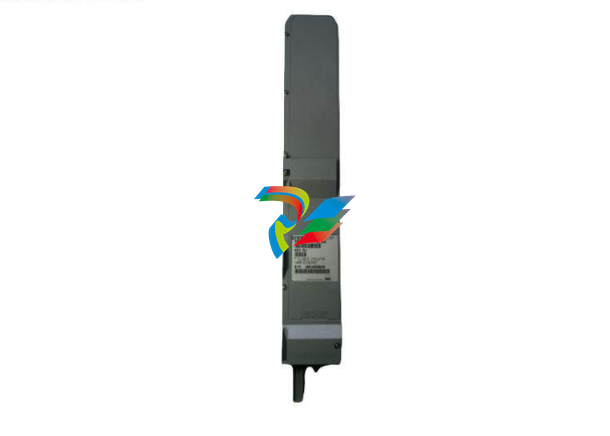
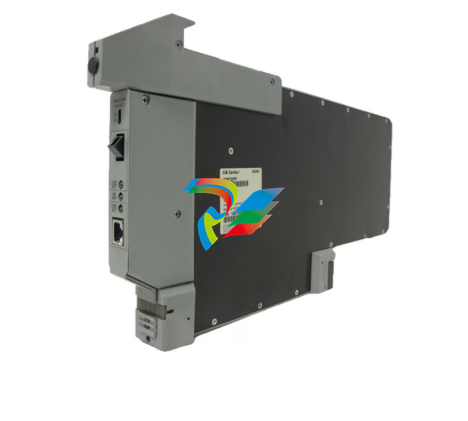
.jpg)
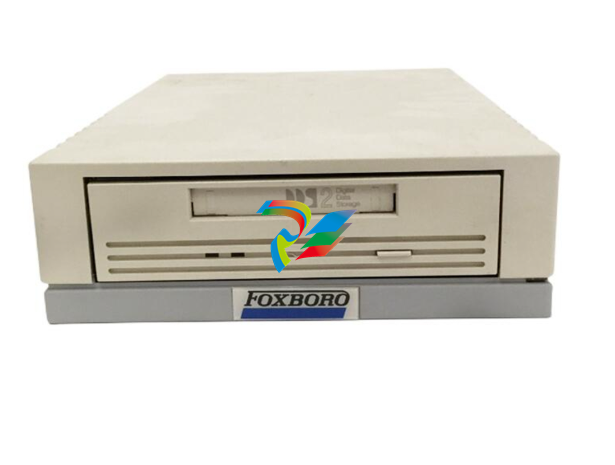
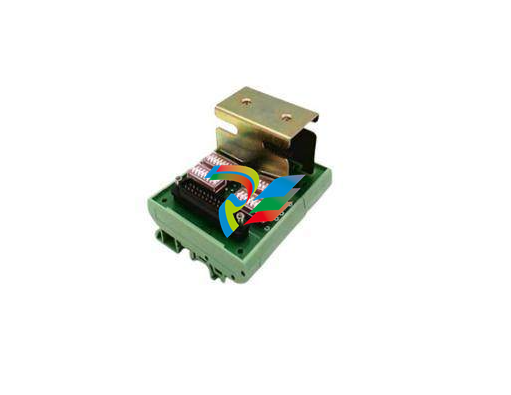

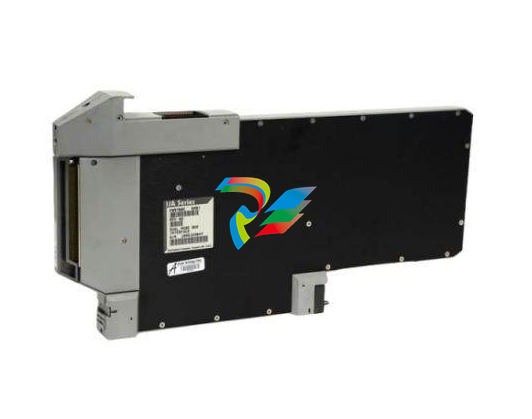
.jpg)
.jpg)
.jpg)
.jpg)
.jpg)
.jpg)

.jpg)
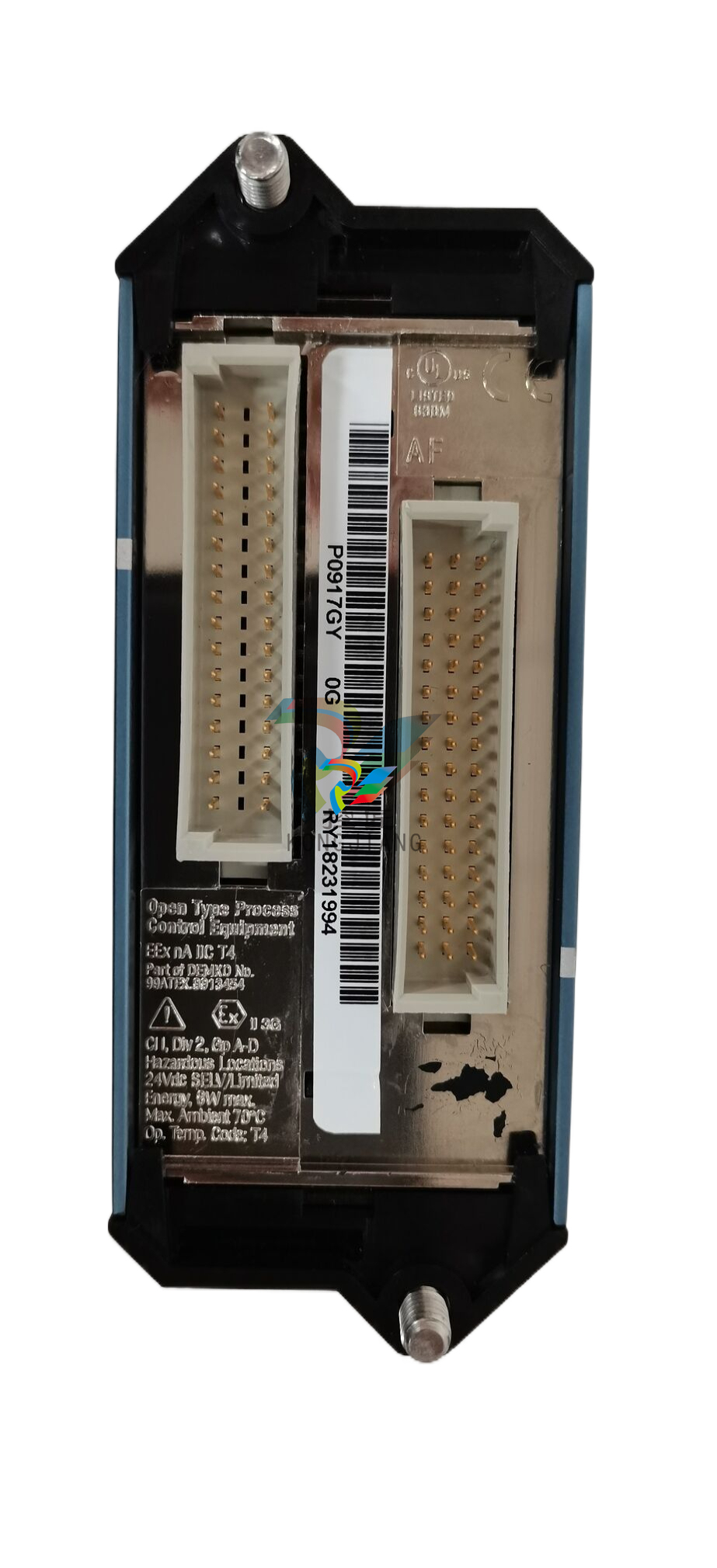
.jpg)
.jpg)
.jpg)
